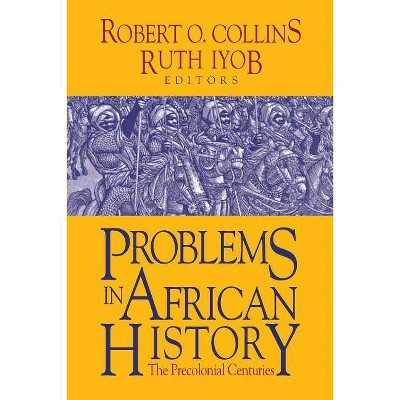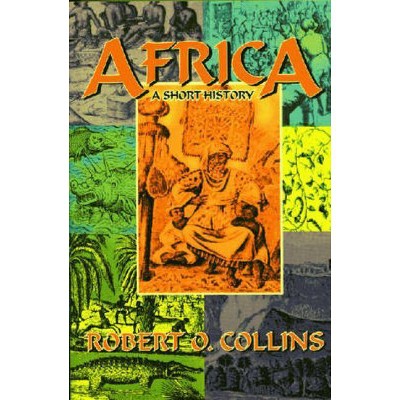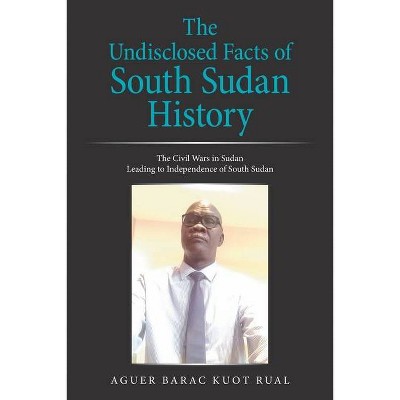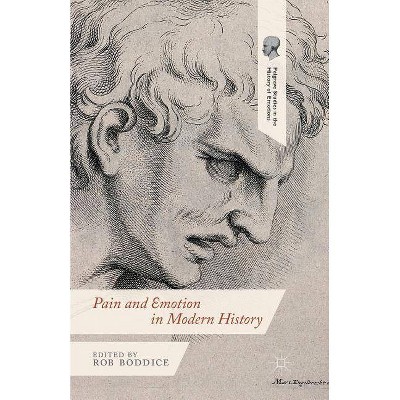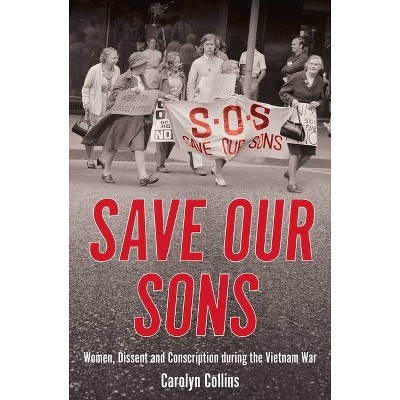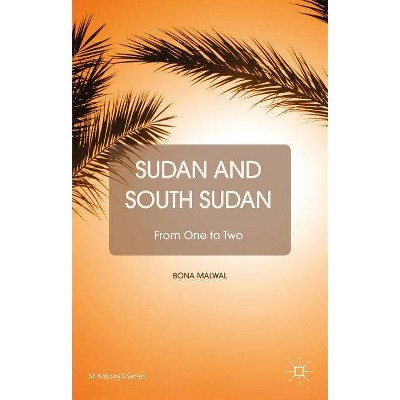A History of Modern Sudan - by Robert O Collins (Paperback)
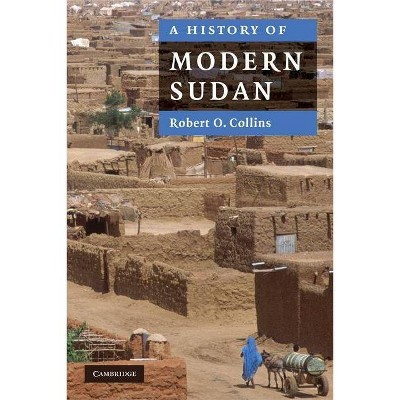
Similar Products
Products of same category from the store
AllProduct info
<p/><br></br><p><b> About the Book </b></p></br></br>Chronological account of Sudan's history from 1821 to the present, showing how ethnic divisions and failed leadership have sustained conflicts.<p/><br></br><p><b> Book Synopsis </b></p></br></br>Sudan's modern history has been consumed by revolution and civil war. The country attracted international attention in the 1990s as a breeding ground of Islamist terrorism and recently tensions between the prosperous centre and the periphery, between north and south, have exploded in Darfur. In his latest book, Robert Collins, a frequent visitor and veteran scholar of the region, traces Sudan's history across two hundred years to show how many of the tragedies of today have been planted in its past. The story begins with the conquest of Muhammad 'Ali in 1821, and moves through the Anglo-Egyptian condominium to independence in 1956. It then focuses on Sudanese rule in the post-independence years when the fragile democracy established by the British collapsed under sectarian strife. It is these religious and ethnic divides, the author contends, in conjunction with failed leadership, which have prolonged and sustained the conflict in Sudan.<p/><br></br><p><b> Review Quotes </b></p></br></br><br>"... Collins takes on a fascinating journey through the recent history of Sudanese governments ... a highly readable, revealing and thought-provoking narrative." <br>The Journal of Modern African Studies<br><br>"This informative text is indispensable for African studies collections ... Essential." <br>Choice<br><br>"From the excellent Introduction to his thoughtful Epilogue, Robert Collins has given us a valuable farewell present with an admirable summary of his outstanding historical research over 50 years; every student of, and policymaker on, Sudan will benefit from reading it and pondering its overarching themes." <br>Peter Bechtold, President of the American Sudan Institute, Middle East Journal<br><br>"In Collins' view, the main issue in human affairs is identity, and Sudanese modern history is about contrasting concepts of self-identification. However, in analyzing this pivotal theme, Collins integrates other vital aspects: economic developments, social changes, cultural trends, sectarian interests, personal ambitions, global factors, and the involvement of neighbors. All these dimensions are woven into an excellent composition that will remain essential for students of Sudan." <br>Haggai Erlich, International Journal of Middle East Studies<br>
Price History
Price Archive shows prices from various stores, lets you see history and find the cheapest. There is no actual sale on the website. For all support, inquiry and suggestion messagescommunication@pricearchive.us
